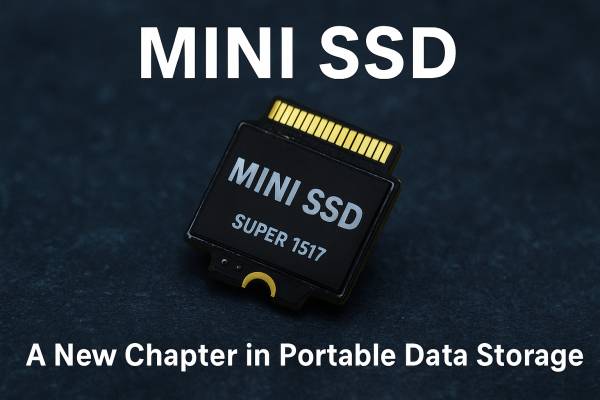
2025. August 18.
Mini SSD: A New Chapter in Portable Data Storage
The evolution of data storage technology often goes unnoticed, yet its impact is tangible for everyone. When a computer boots up more quickly, a game loads in less time, or large files can be copied within moments, all of this is the result of the development of SSDs, or solid-state drives. For years, the slow performance of storage devices held machines back; the advent of SSDs effectively closed this gap. Now, as the next step in this evolution, a new solution has appeared on the market that promises the portability of microSD cards combined with the performance of M.2 SSDs. This is the Mini SSD, also known as the 1517 format.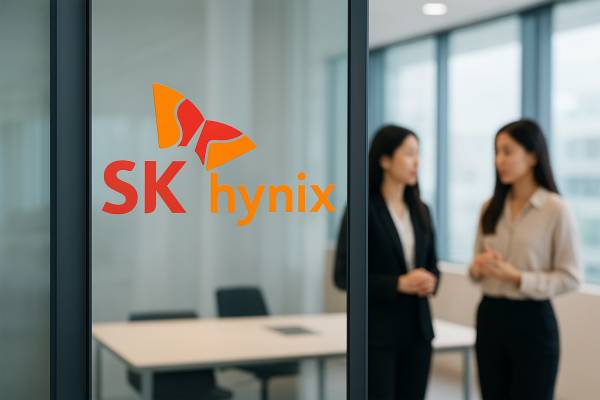
2025. August 17.
After a Historic Turn, SK Hynix Becomes the New Market Leader in the Memory Industry
For three decades, the name Samsung was almost synonymous with leadership in the DRAM market. Now, however, the tables have turned: in the first half of 2025, South Korea’s SK Hynix surpassed its rival in the global memory industry for the first time, ending a streak of more than thirty years. This change signifies not just a shift in corporate rankings but also points to a deeper transformation across the entire semiconductor industry.
2025. August 12.
The Number of Organized Scientific Fraud Cases is Growing at an Alarming Rate
The world of science is built on curiosity, collaboration, and collective progress—at least in principle. In reality, however, it has always been marked by competition, inequality, and the potential for error. The scientific community has long feared that these pressures could divert some researchers from the fundamental mission of science: creating credible knowledge. For a long time, fraud appeared to be mainly the work of lone perpetrators. In recent years, however, a troubling trend has emerged: growing evidence suggests that fraud is no longer a series of isolated missteps but an organized, industrial-scale activity, according to a recent study.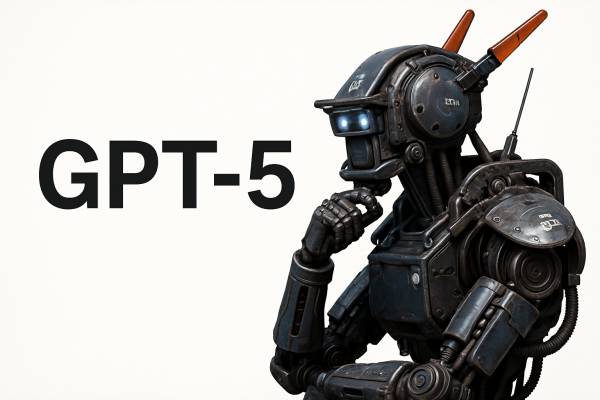
2025. August 08.
Beyond the Hype: What Does GPT-5 Really Offer?
The development of artificial intelligence has accelerated rapidly in recent years, reaching a point where news about increasingly advanced models is emerging at an almost overwhelming pace. In this noisy environment, it’s difficult for any new development to stand out, as it must be more and more impressive to cross the threshold of user interest. OpenAI carries a double burden in this regard: not only must it continue to innovate, but it also needs to maintain its lead over fast-advancing competitors. It is into this tense landscape that OpenAI’s newly unveiled GPT-5 model family has arrived—eagerly anticipated by critics who, based on early announcements, expect nothing less than a new milestone in AI development. The big question, then, is whether it lives up to these expectations. In this article, we will examine how GPT-5 fits into the trajectory of AI model evolution, what new features it introduces, and how it impacts the current technological ecosystem.
2025. August 07.
The Most Popular Theories About the Impact of AI on the Workplace
Since the release of ChatGPT at the end of 2022, the field of AI has seen impressive developments almost every month, sparking widespread speculation about how it will change our lives. One of the central questions concerns its impact on the workplace. As fears surrounding this issue persist, I believe it's worth revisiting the topic from time to time. Although the development of AI is dramatic, over time we may gain a clearer understanding of such questions, as empirical evidence continues to accumulate and more theories emerge attempting to answer them. In this article, I’ve tried to compile the most relevant theories—without claiming to be exhaustive—as the literature on this topic is expanding by the day. The question remains: can we already see the light at the end of the tunnel, or are we still heading into an unfamiliar world we know too little about?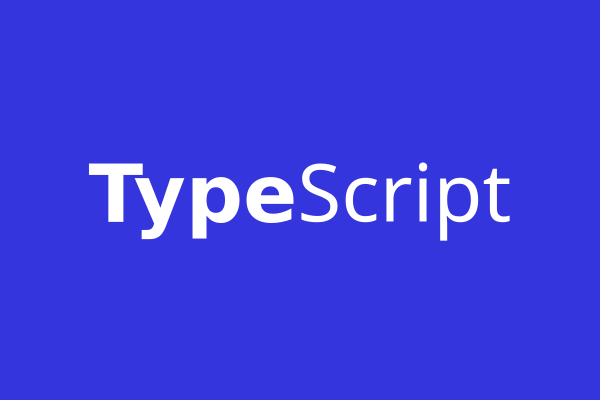
2025. August 04.
TypeScript 5.9
One of the most important innovations in TypeScript 5.9 is support for deferred module evaluation via the import defer syntax, which implements a proposed future ECMAScript standard.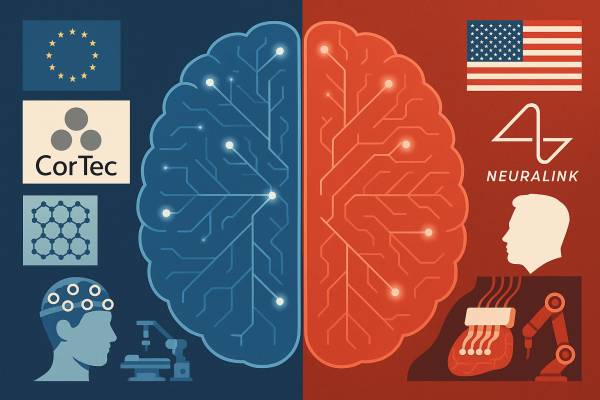
2025. August 04.
Neuralink’s Rivals Are Already in the Clinic – Europe’s Answer to Musk’s Brain Chips
While Silicon Valley is loud with the hype surrounding brain-computer interfaces (BCIs), attention often centers on one high-profile name: Elon Musk’s Neuralink. Behind the scenes, however, Europe is quietly yet determinedly building its own neurotechnological future. Startups across the continent are not merely following trends—they are shaping the market with unique solutions, often rooted in practical medicine and materials science. This raises the question: in the shadow of flashy American marketing, can Europe’s quieter innovation achieve real breakthroughs and take a leading role in this revolutionary field?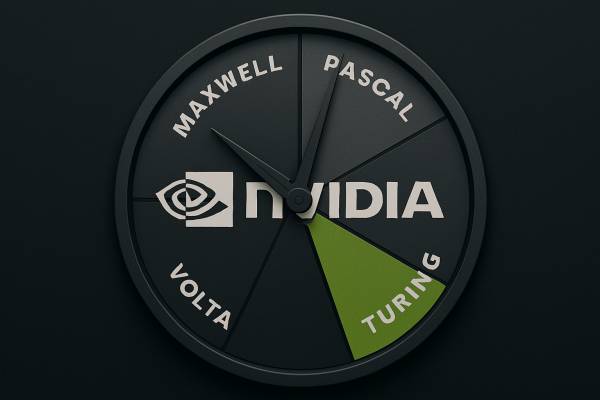
2025. August 01.
NVIDIA Driver Support Changes – The Clock Is Ticking for the GTX 900–10 Series
NVIDIA has announced a major shift in its driver support strategy. This decision affects millions of users, but what does it actually mean in practice? Is it really time for everyone to consider upgrading their hardware, or is the situation more nuanced? Understanding the implications is key to staying prepared for the technological changes of the coming years.
2025. August 01.
This Is What the Google Pixel 10 Might Look Like — But Do We Really Know Everything Yet?
The Google Pixel series, known for its clean software and outstanding photography capabilities, is reaching its 10th generation this year. Ahead of the official launch, expected on August 20, a wealth of information and rumors is already circulating online, outlining a device family that may not bring dramatic visual changes but instead introduces real, tangible innovations under the hood. But are these improvements enough for the Pixel 10 to stand out in an increasingly crowded market?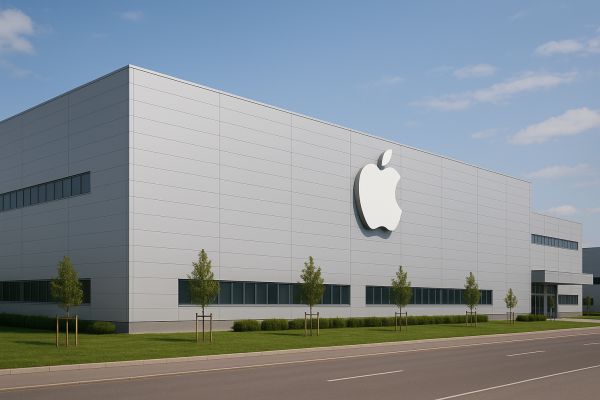
2025. August 01.
A Brutal Quarter for Apple, but What Comes After the iPhone?
Amid global economic and trade challenges, Apple has once again proven its extraordinary market power, surpassing analyst expectations in the third quarter of its 2025 fiscal year. The Cupertino giant not only posted record revenue for the period ending in June but also reached a historic milestone: the shipment of its three billionth iPhone. This achievement comes at a time when the company is grappling with the cost of punitive tariffs, intensifying competition in artificial intelligence, and a series of setbacks in the same field.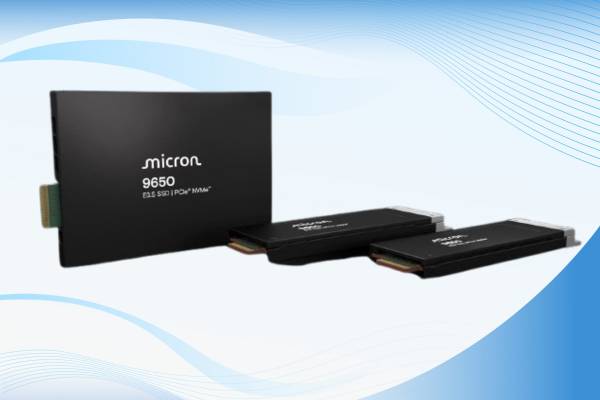
2025. July 31.
The Micron 9650: The World's First Commercial PCIe 6.0 SSD
In the age of artificial intelligence and high-performance computing, data speed has become critically important. In this rapidly accelerating digital world, Micron has announced a technological breakthrough that redefines our concept of data center storage. Enter the Micron 9650, the world’s first SSD equipped with a PCIe 6.0 interface—not just another product on the market, but a herald of a new era in server-side storage, offering unprecedented speed and efficiency.
2025. July 31.
OpenAI’s Study Mode: Teaching Students How to Think
In recent years, artificial intelligence has sparked revolutionary changes in education, shifting the focus from passive information intake to active learning processes aimed at deeper understanding.
2025. July 29.
Linux Kernel 6.16 Released
Linux Kernel 6.16 has been released. While the release process was, in the developers’ words, “uneventful” in the best possible sense, significant improvements lie beneath the surface, bringing progress in areas such as security, performance, and system management. Meanwhile, development of the upcoming 6.17 version has started in a more chaotic manner than usual—highlighting the human side of one of the world’s most important open-source projects.
2025. July 28.
What is WhoFi?
Wireless internet, or WiFi, is now a ubiquitous and indispensable part of our lives. We use it to connect our devices to the internet, communicate, and exchange information. But imagine if this same technology, which invisibly weaves through our homes and cities, could also identify and track us without cameras—even through walls. This is not a distant science fiction scenario, but the reality of a newly developed technology called WhoFi, which harnesses a previously untapped property of WiFi signals. To complicate matters, the term “WhoFi” also refers to an entirely different service with community-focused goals, so it's important to clarify which meaning is being discussed.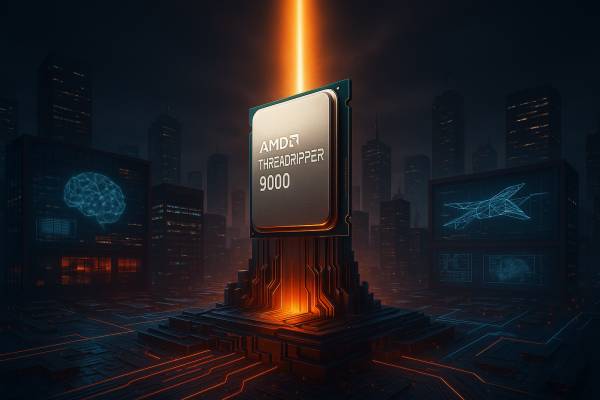
2025. July 28.
The Power of Zen 5 in Professional and High-End Desktops
With the Threadripper 9000 series, introduced in July 2025, AMD has once again proven that the boundaries of performance must be constantly pushed—in a fierce competition where Intel is no longer its only rival. This new processor family is not just a simple update; it introduces a fundamentally reimagined platform for professional workstations and uncompromising high-end desktop (HEDT) systems. Built on the Zen 5 architecture, these chips offer more cores, advanced memory support, and unprecedented I/O bandwidth, opening new horizons for content creators, engineers, and data scientists.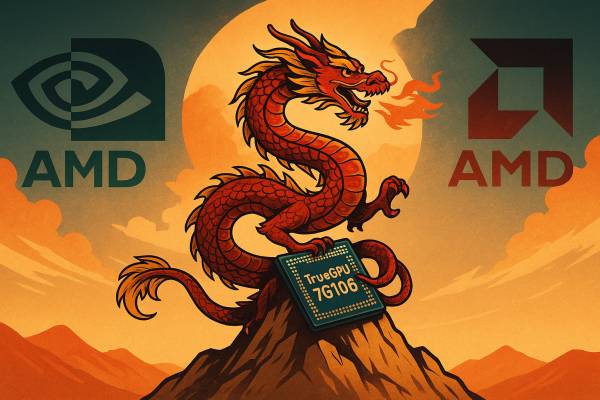
2025. July 28.
China’s Own GPU Industry Is Slowly Awakening
“7G” is an abbreviation that sounds almost identical to the word for “miracle” in Chinese. Whether this is a lucky piece of marketing or a true technological prophecy remains to be seen. What Lisuan Technology is presenting with the 7G106—internally codenamed G100—is nothing less than the first serious attempt to step out of Nvidia and AMD’s shadow. No licensing agreements, no crutches based on Western intellectual property—this is a GPU built from scratch, manufactured using 6 nm DUV technology in a country that is only beginning to break free from the spell of Western technology exports.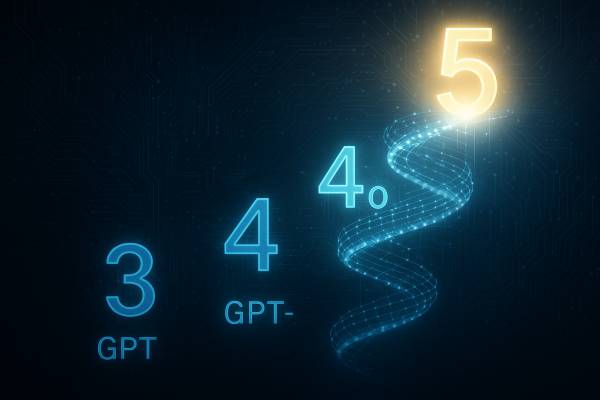
2025. July 25.
Anticipation is high for the release of GPT-5 — but what should we really expect?
OpenAI’s upcoming language model, GPT-5, has become one of the most anticipated technological developments in recent months. Following the release of GPT-4o and the specialized o1 models, attention is now shifting to this next-generation model, which—according to rumors and hints from company leaders—may represent a significant leap forward in artificial intelligence capabilities. But what do we actually know so far, and what remains pure speculation?
2025. July 24.
Is it worth switching to Amazon's new Kindle Colorsoft Kids model for children?
Black-and-white displays have long defined the e-reading experience, but Amazon's new color models open up new possibilities—especially for younger readers. Still, is a color display truly necessary in an e-reader? And is the new technology worth the price?Linux distributions
-

Archcraft
2026.02.022026. February 03.
-

BunsenLabs Linux
Carbon-rc32026. February 03.
-

PikaOS Linux
26.02.032026. February 03.
-

CentOS
10-20260202.02026. February 02.
-

Expirion Linux
6.3-2602022026. February 02.
-

MocaccinoOS
26.022026. February 02.
-

Regata OS
25.1.02026. February 02.
-

Arch Linux
2026.02.012026. February 01.
-

Dr.Parted Live
26.022026. February 01.
-

FunOS
26.04-snapshot32026. February 01.
-

Gentoo Linux
202602012026. February 01.
-

Puppy Linux
2602012026. February 01.
-

blendOS
2026.02.012026. February 01.
-

RebornOS
2026.01.222026. January 31.